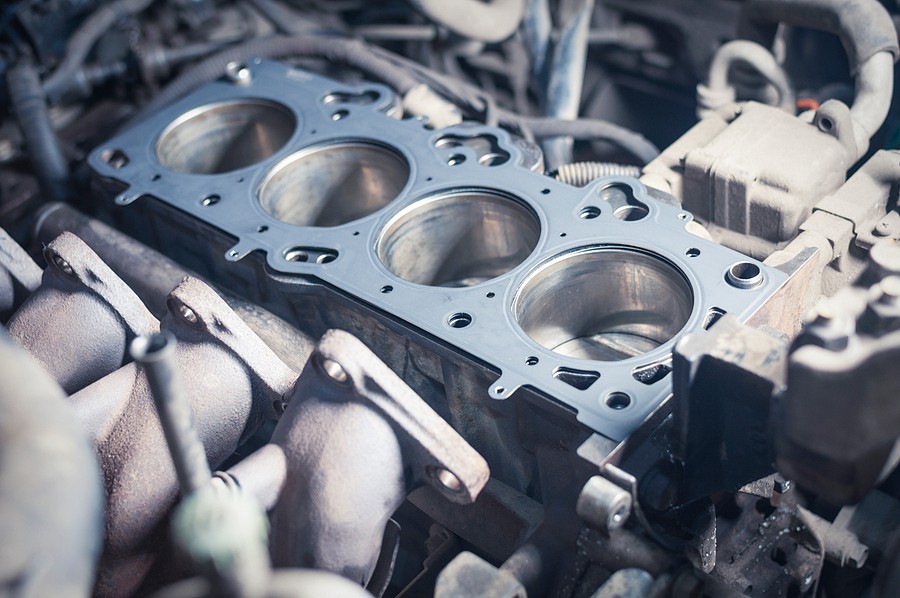A blown head gasket is a serious issue that can lead to engine damage if not addressed promptly. It's important to be aware of the symptoms of a blown head gasket so you can take action to prevent further damage to your vehicle. Here's what you need to know about the symptoms of a blown head gasket and how to address the problem.
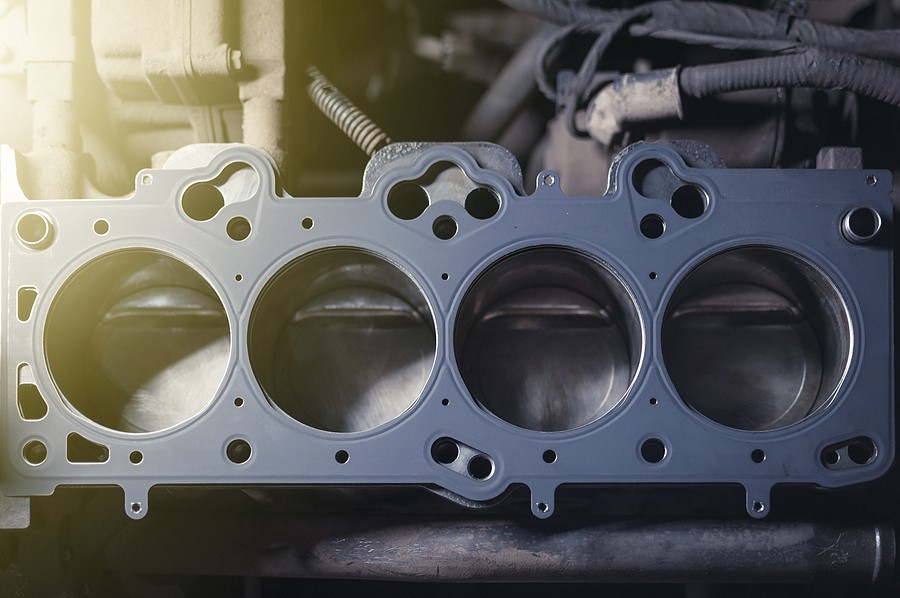
What is a head gasket and what does it do?
Before discussing the symptoms of a blown head gasket, it's important to understand what a head gasket is and what it does. A head gasket is a seal that sits between the engine block and the cylinder head. Its primary function is to prevent coolant, oil, and combustion gases from leaking between the cylinder head and engine block.
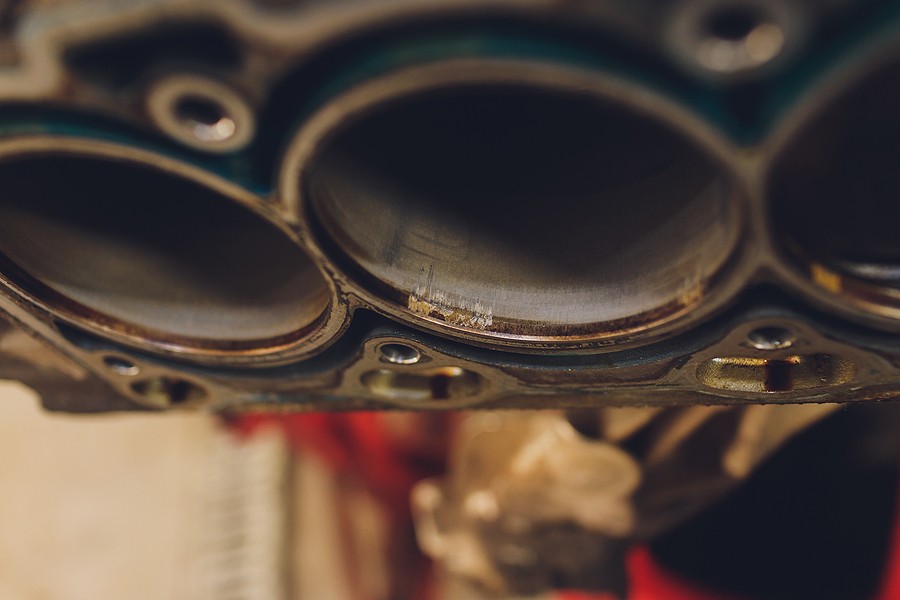
Symptoms of a blown head gasket:
There are several symptoms that may indicate a blown head gasket. It's important to be aware of these symptoms and take action if you notice any of them, as ignoring a blown head gasket can lead to further engine damage. Here are some common symptoms of a blown head gasket:
- Overheating engine: One of the most common symptoms of a blown head gasket is an overheating engine. If the head gasket has failed, it can cause the coolant to leak from the system, leading to an overheated engine.
- White smoke from the exhaust: Another common symptom of a blown head gasket is white smoke coming from the exhaust. This can be a sign that coolant is leaking into the combustion chamber and being burned along with the fuel.
- Coolant loss: If you notice that your coolant level is consistently low or you are constantly having to refill the coolant, it could be a sign of a blown head gasket. A leak in the head gasket can cause coolant to leak from the system, leading to a loss in coolant.
- Oil in the coolant: If you notice oil in the coolant or coolant in the oil, it could be a sign of a blown head gasket. A failed head gasket can cause the coolant and oil to mix, leading to contamination of both fluids.
- Loss of power: If your car is experiencing a loss of power or is running poorly, it could be a sign of a blown head gasket. A failed head gasket can cause problems with the combustion process, leading to a loss of power and poor engine performance.
- Bubbles in the radiator: If you notice bubbles in the radiator, it could be a sign of a blown head gasket. The bubbles can be caused by excess pressure in the system, which can be a result of a failed head gasket.
- Misfire: A misfire, or an engine that is not running smoothly, can be a sign of a blown head gasket. A misfire can be caused by a variety of issues, including a failed head gasket.
Diagnosing a blown head gasket:
If you suspect that you have a blown head gasket, it's important to have it diagnosed by a professional. A mechanic will be able to perform a variety of tests to determine if the head gasket is the cause of the problem. These tests may include a compression test, a leak-down test, or a coolant pressure test.

Repairing a blown head gasket:
If your head gasket has blown, it will need to be repaired by a professional. The repair process will typically involve removing the cylinder head, replacing the head gasket, and reassembling the engine. Depending on the severity of the issue, it may also be necessary to perform other repairs, such as replacing damaged engine components or resurfacing the cylinder head.
The cost of repairing a blown head gasket can vary significantly depending on the make and model of your car, the extent of the damage, and the location of the repair. On average, you can expect to pay anywhere from $1,000 to $2,000 for a head gasket repair, though costs can be higher or lower depending on the specific circumstances.
Preventing a blown head gasket:
The best way to deal with a blown head gasket is to prevent it from happening in the first place. Here are some steps you can take to reduce the risk of a head gasket failure:
- Keep your car well-maintained: Regular maintenance, such as changing the oil and coolant, can help prevent a head gasket failure.
- Avoid overheating: Make sure your car has adequate coolant and use a thermostat to monitor the engine temperature. If your car starts to overheat, turn off the air conditioning and turn on the heater to help dissipate the heat.
- Avoid running low on coolant: Make sure to check the coolant level regularly and refill as necessary. Running low on coolant can increase the risk of a head gasket failure.
- Avoid rapid temperature changes: Try to avoid rapid temperature changes, such as driving from a cold environment into a hot one, as this can put stress on the head gasket.
- Use the correct coolant: Make sure to use the correct type of coolant for your car. Using the wrong type of coolant can increase the risk of a head gasket failure.
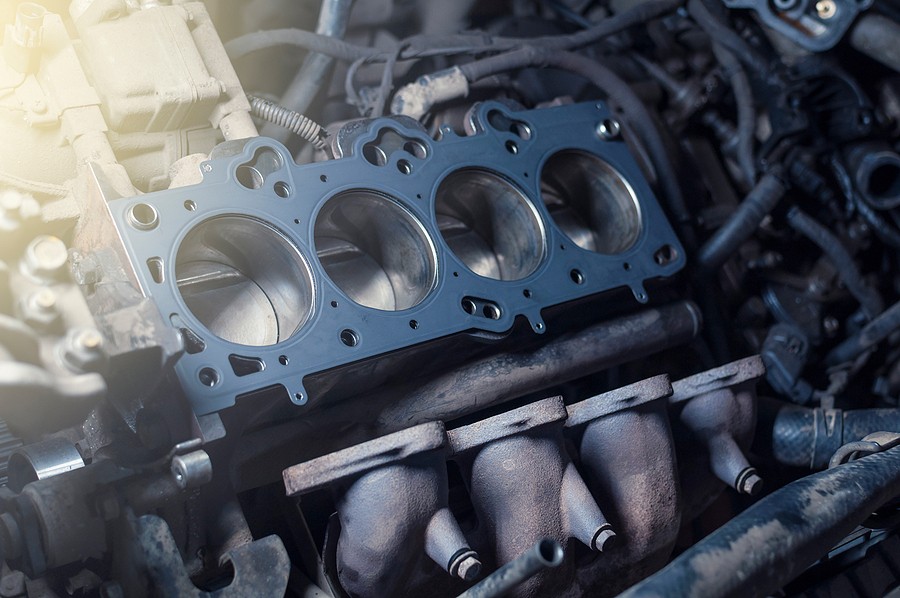
Should I fix or sell a car with a blown head gasket?
Whether to repair a car with a blown head gasket or sell it depends on several factors. Here are some things to consider:
- Cost of repair: The cost of repairing a blown head gasket can vary widely, depending on the make and model of the car, the severity of the problem, and the labor costs in your area. If the repair cost is more than the value of the car, it may not be worth fixing.
- Condition of the car: If the car is in otherwise good condition, it may be worth fixing the head gasket. However, if the car has other major problems or is close to the end of its life, it may not be worth the investment.
- Value of the car: If the car has a high value, it may be worth repairing the head gasket. However, if the car is not worth much, it may not be worth the cost of repair.
Ultimately, the decision to repair or sell a car with a blown head gasket depends on your individual circumstances and priorities. If you are unsure whether to repair or sell the car, you may want to consult a mechanic or get an estimate for the repair cost to help make your decision.

What Are The Symptoms Of A Blown Head Gasket: FAQs
-
What is a head gasket and what does it do?
A head gasket is a seal that sits between the engine block and the cylinder head. Its primary function is to prevent coolant, oil, and combustion gases from leaking between the cylinder head and engine block.
-
What are the symptoms of a blown head gasket?
Some common symptoms of a blown head gasket include an overheating engine, white smoke from the exhaust, coolant loss, oil in the coolant or coolant in the oil, loss of power, bubbles in the radiator, and misfire.
-
How can I diagnose a blown head gasket?
To diagnose a blown head gasket, a mechanic will typically perform a compression test, a leak-down test, or a coolant pressure test.
-
How much does it cost to repair a blown head gasket?
The cost of repairing a blown head gasket can vary significantly, but you can expect to pay anywhere from $1,000 to $2,000 on average.
-
How do I prevent a blown head gasket?
To reduce the risk of a head gasket failure, make sure to keep your car well-maintained, avoid overheating, avoid running low on coolant, avoid rapid temperature changes, and use the correct type of coolant.
-
Can I drive my car with a blown head gasket?
It's generally not recommended to drive a car with a blown head gasket, as it can lead to further engine damage. If you have a blown head gasket, it's important to have it repaired as soon as possible.
-
Can a blown head gasket be repaired?
A blown head gasket can typically be repaired by a professional mechanic. The repair process will involve removing the cylinder head, replacing the head gasket, and reassembling the engine.
-
How long does a head gasket repair take?
The length of a head gasket repair can vary depending on the severity of the issue and the make and model of your car. On average, you can expect the repair to take anywhere from a few hours to a few days.
-
Can a head gasket repair be done at home?
Head gasket repairs can be complex and require specialized tools and equipment. It's generally not recommended to try to repair a head gasket at home unless you have the necessary skills, tools, and experience.
-
Will my car be covered under warranty if I have a blown head gasket?
Whether or not your car will be covered under warranty for a blown head gasket will depend on the specifics of your warranty and the cause of the issue. It's important to review the terms of your warranty and consult with the manufacturer or dealer to determine your coverage.
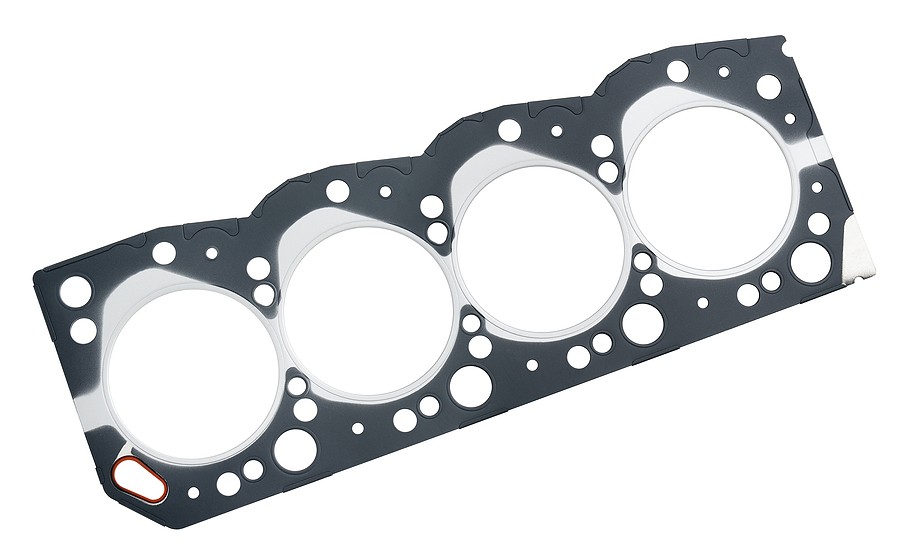
Where to sell a car with a blown head gasket?
There are several options for selling a car with a blown head gasket:
- Private sale: You can try selling the car privately through online classified websites, such as Craigslist or eBay, or by placing an ad in a local newspaper or on a community bulletin board. This may take longer and require more effort, but it may also allow you to get a higher price for the car.
- Car dealer: You can try selling the car to a used car dealer. However, keep in mind that the dealer will likely offer you a lower price than what you could get in a private sale, as they need to make a profit when they resell the car.
- Car salvage yard: You can sell the car to a salvage yard, which will pay you for the car based on the value of the scrap metal and other usable parts. This may be a quick and easy way to sell the car, but you will likely get a lower price than with a private sale or dealer.
- Trade-in: If you are buying a new or used car, you may be able to trade in your car with a blown head gasket as part of the purchase. This may be a convenient way to get rid of the car, but you will likely get a lower price than if you sold it privately or to a dealer.
- Donate the car: If you are unable to sell the car and don't want to go through the hassle of repairing it, you can consider donating the car to a charity. The charity may be able to sell the car or use it for their own purposes, and you may be able to claim a tax deduction for the donation.

What Are The Symptoms Of A Blown Head Gasket? Final Thoughts
A blown head gasket is a serious issue that can lead to engine damage if not addressed promptly. It's important to be aware of the symptoms of a blown head gasket, such as an overheating engine, white smoke from the exhaust, and coolant loss, and take action if you notice any of these symptoms. If you suspect that you have a blown head gasket, it's important to have it diagnosed by a professional and repaired as soon as possible to prevent further damage to your vehicle. To reduce the risk of a head gasket failure, make sure to keep your car well-maintained, avoid overheating, avoid running low on coolant, avoid rapid temperature changes, and use the correct type of coolant.
For more details, call Cash Cars Buyer at 773-791-4363!

